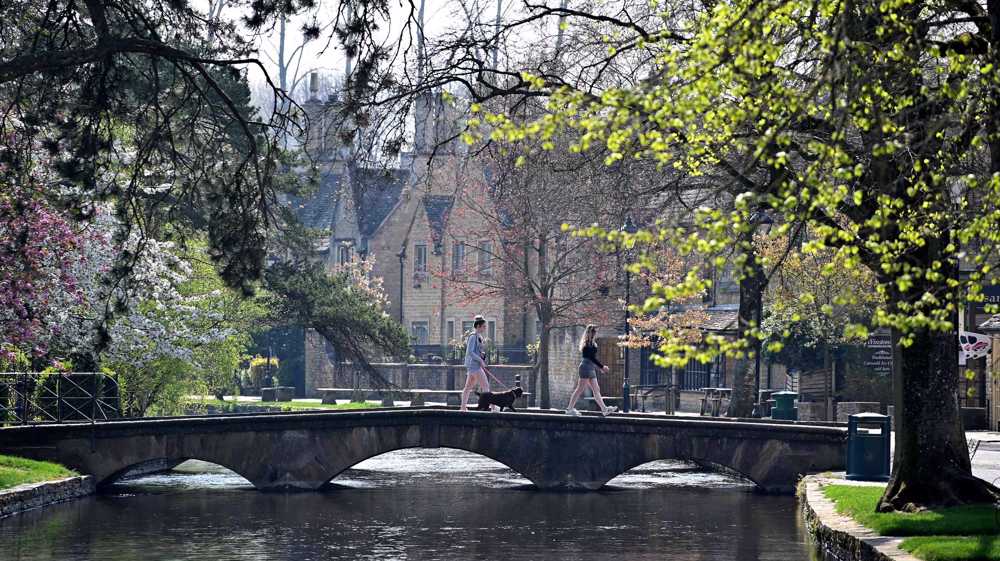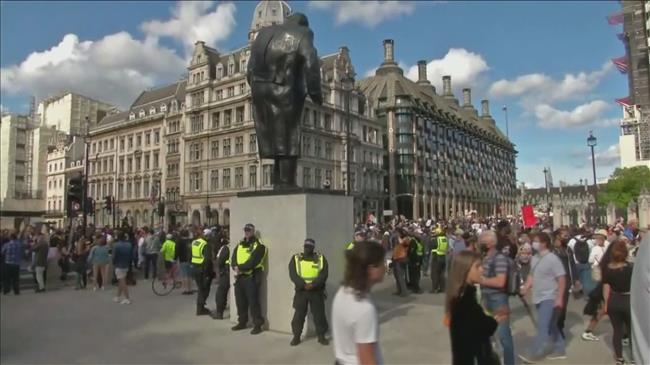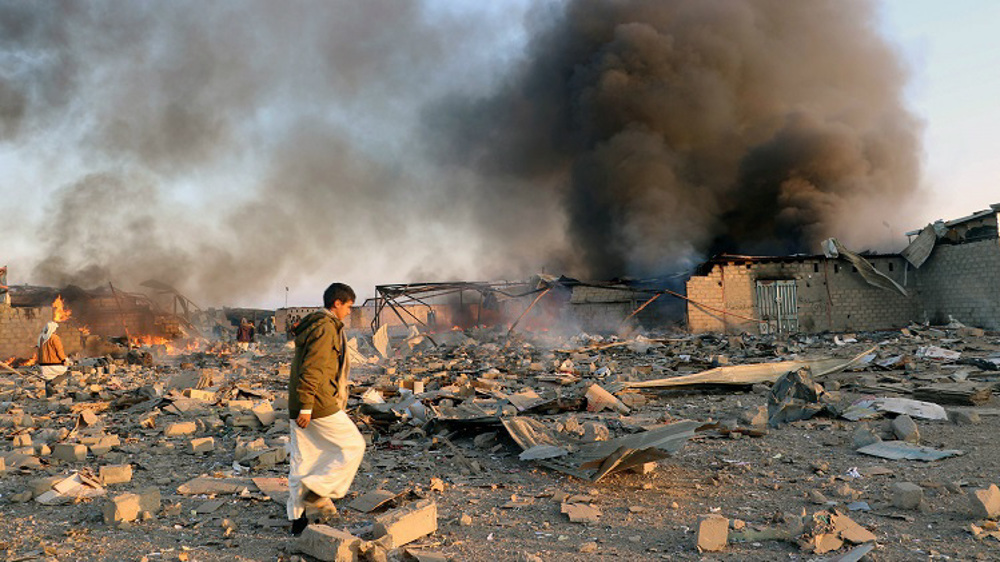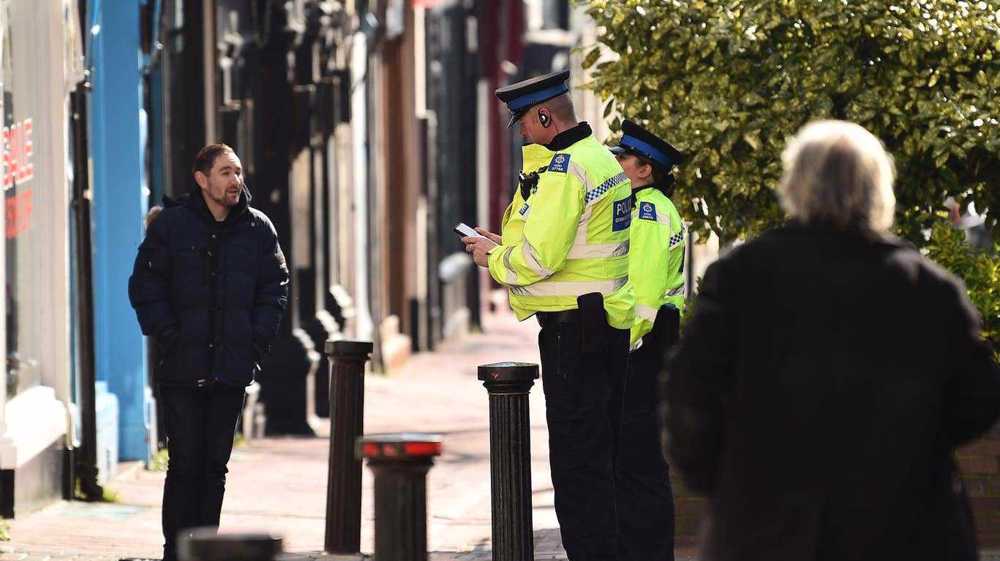Water firms not attending to leaks, causing an unacceptable loss of 3bn litres a day
Continued inaction on the part of the water industry means one fifth of the daily supply, as much as 3bn litres a day, is lost to leaks with a serious risk of parts of England running out of water in as little as 20 years.
The public accounts committee (PAC) said in a report that the bodies responsible for water in the UK had “taken their eye off the ball” and the scale of leakage – more than 3bn litres a day – was “wholly unacceptable”.
Public Accounts Committee (PAC) refers to a committee in the legislature that must study public audits, invite ministers, permanent secretaries or other ministry officials to the committee for questioning, and issue a report of their findings subsequent to a government budget audit. Typically, the government is required to report back to parliament on PAC recommendations within a specified period, usually two to six months. More often than not, opposition members chair PACs in the commonwealth. Based on their findings, PACs often make recommendations to government ministries requiring that they change certain policies and procedures to improve their operations.
The report by the PAC condemns the water companies, which were privatised in 1989, accusing them of being “ponderous” and having made no progress in reducing leaks for two decades.
The report finds: “There is a serious risk that some parts of the country [England] will run out of water within the next 20 years … The responsible bodies – the Department for Environment, Food & Rural Affairs [Defra], the Environment Agency and Ofwat have collectively taken their eye off the ball and urgent action is now required if we are to have a reliable water supply in the years ahead.”
MPs’ expressed their dismay at the performance of water companies and the regulators, Ofwat and the Environment Agency, after a Guardian investigation revealed the nine privatised water companies in England released raw sewage into rivers via storm drains more than 200,000 times in 2019.
MPs on the public accounts committee said chalk streams had suffered from the release of sewage from combined sewer overflows into them by the water companies.
“The Environment Agency has prosecuted Thames Water on a number of occasions for breaching the conditions of its permits and allowing sewage to enter rivers from its treatment plants. Major infrastructure programmes also pose a threat,” the report said.
Taking water from chalk streams was also heavily criticised. “The Environment Agency must balance the need to preserve the environment by maintaining flows with meeting the demand for water,” MPs said.
Chalk streams are streams that flow through chalk hills towards the sea. They are typically wide and shallow, and due to the filtering effect of the chalk their waters are alkaline [1] and very clear.
Chalk is a highly porous and permeable rock and rain falling onto chalk topography percolates directly into the ground, where the chalk acts as an aquifer. The groundwater flows through the chalk bedrock, re-emerging lower down the slope in springs. The chalk acts as a temporary reservoir by regulating the amount of water supplied to the springs. This is why many chalk streams in the UK have stable flow regimes that vary only slightly over time. The temperature of the emerging surface water is fairly stable and rarely deviates from 10 °C (50 °F). On cold winter mornings, water vapour from the relatively warm stream condenses in the cold air above to form fog.
The MPs disclosed partnership grants up to £882,000 were provided to charities and stakeholder groups in 2020-21 for the improvement of chalk streams and their habitats. But the report said the Environment Agency should examine whether that was enough to deal with the “clear and present danger” to chalk streams.
The report concluded that Whitehall had shown a lack of leadership alleviating all of the issues threatening the water supply.
Meg Hillier, the chair of the committee, said: “It is very hard to imagine, in this country, turning the tap and not having enough clean, drinkable water come out – but that is exactly what we now face. Continued inaction by the water industry means we continue to lose one fifth of our daily supply to leaks.
“Empty words on climate commitments and unfunded public information campaigns will get us where we’ve got the last 20 years: nowhere. Defra has failed to lead and water companies have failed to act: we look now to the department to step up, make up for lost time and see we get action before it’s too late.”
The report stresses the need for further government guidance to water companies on the level of investment that was necessary to ensure resilience by 2050 and how they should balance this in their business plans with pressure to reduce consumer bills.
It said the scale of leaks, at 3bn litres a day, was wholly unacceptable. “Water leakage is now a hugely pressing problem,” MPs said. “No one organisation has got a thorough grip on dealing with this issue and driving the change necessary. [Defra] urged water companies in 2016 to make tackling leakage a much higher priority. However, there has still been little progress.”
The committee demanded that Ofwat and Defra be more active in ensuring that water companies meet targets to reduce leaks. It said the companies must be held to account with the publication of league tables from December 2020 showing their performance on tackling leakage against the targets set.
MPs have also urged the government to develop a plan, with adequate funding, to increase public awareness of the need to save water.
VIDEO | Press TV's news headlines
VIDEO | Israeli bombing of Gaza wedding raises questions over ceasefire
US intercepts another tanker off Venezuela as Washington escalates pressure campaign against Caracas
Satellite images indicate Israel entrenching a permanent military presence in Gaza
US-led meeting talks implementation of ‘phase two’ of Gaza ceasefire, ignoring Israeli violations
Iran’s subsidized currency allocations at over $42 in Mar-Dec: CBI
VIDEO | Locals march in eastern France after gas explosion kills two children
Iran wins double gold at world age-group Blitz Chess in Antalya

















 This makes it easy to access the Press TV website
This makes it easy to access the Press TV website